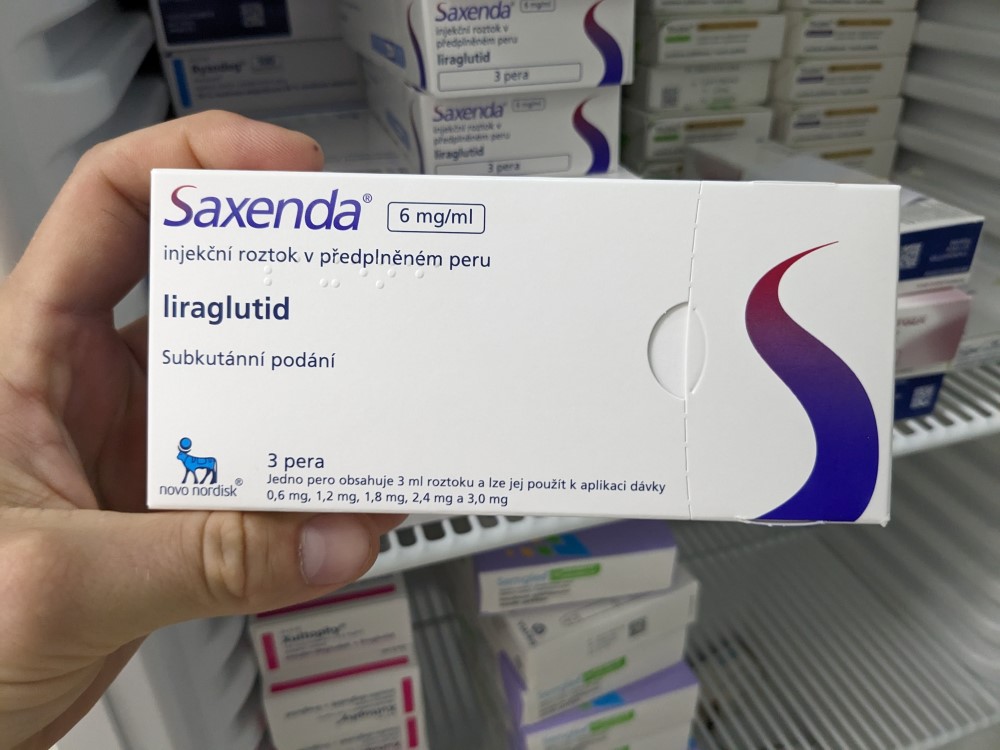More than half of adults and a third of children and adolescents will be overweight or obese by 2050
Without urgent action and policy reforms, more than half of the world's adult population (3.8 billion) and a third of all children and adolescents (746 million) are expected to be overweight or obese by 2050. The figures are published today in The Lancet.









